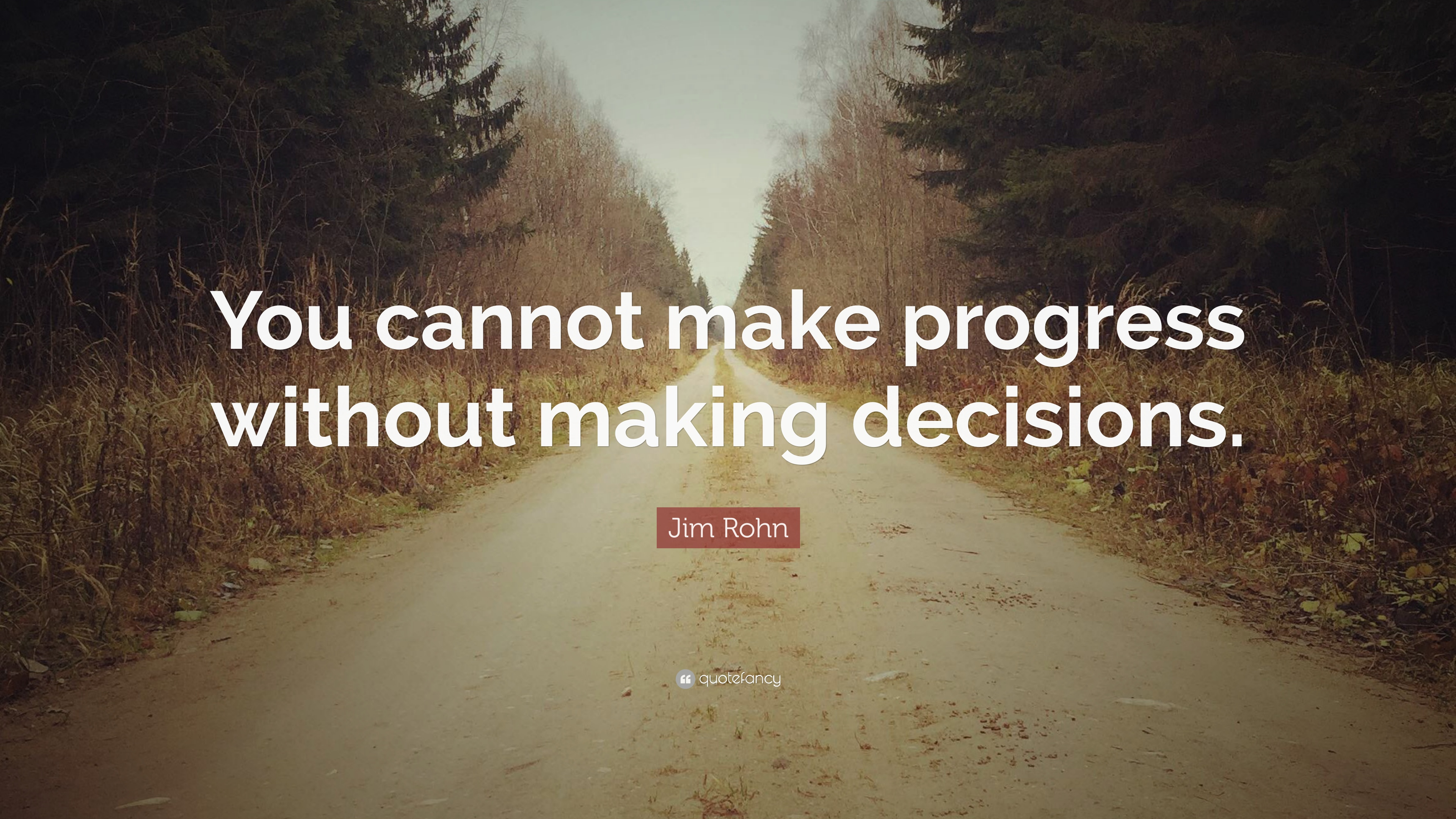Flip a coin or take a vote or draw chits – making decisions is not easy sometimes for some and always extremely difficult for some. We hear people say a lot of times they find it hard to make decisions.
We like it or no, we all have to make decisions all the time, ranging from inconsequential issues like what to have for lunch, up to life-changing decisions like where and what to study, and which career to opt for.
Sometimes people procrastinate endlessly and put off making decisions by gathering more information or leaving it to time or getting other people’s recommendations.
What is Decision Making?
In its simplest sense, decision-making is the act of choosing between two or more courses of action. Decisions should be capable of being implemented, whether on a personal or organisational level. Hence you need to be committed to the decision personally, and be able to influence and persuade others of its virtues.

Effective decision making can be severely impacted by numerous factors like emotional attachment to the issue, limited or too much information on the subject or issue at hand, too many people involved in the process who may have vested interest or no emotional connect or interest.
Here are some easy tips on How to Be Decisive –
1. Realize that indecisiveness is also a decision. Something will happen whether you actively choose it or not. In that sense, not making a decision is the same thing as making a decision. By not making the decision yourself, though, you lose control of a situation.
2. Stop worrying about “bad” decisions. Acknowledge that each decision you make will lead to a learning opportunity, even those decisions that cause seemingly unfavourable outcomes.
3. Decide to be decisive. This might seem like circular reasoning, but the fact remains that you must first make the decision to become a more decisive person before you can actually be decisive
4. Throw yourself an easy choice for practice. Start giving yourself simple decisions to make that have minimal consequences. Continue practicing with these small decisions until you can make them in under a minute.
5. Making Decisions. Get facts, data and information – as much as you can. Set deadlines and start work. List Pros and cons – step back from your initial perception and review objectively.

At Tranziam our vision is to ignite the passion, inspire the dream and unleash the potential in every individual so that they can be the very best version of themselves. Whether you are an individual looking to improve yourself, an Educational Institution looking to support your Students and Faculty or an Organisation looking to develop your colleagues on their professional journey, we are here to help you every step of the way.
Click Here to find out more information on how we can help you achieve your goals and aspirations

